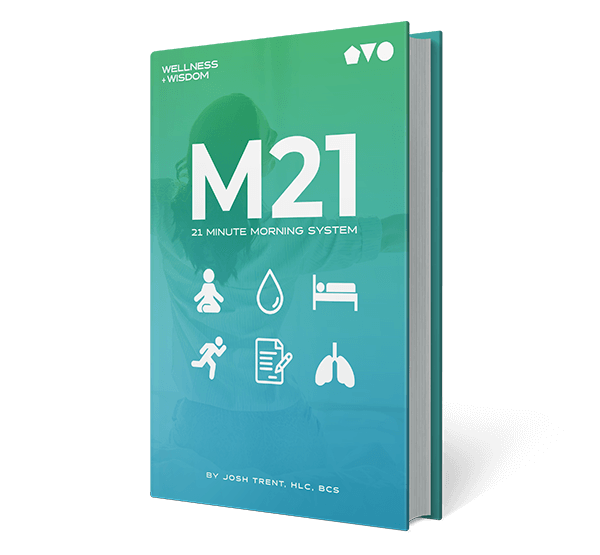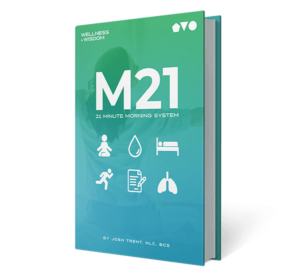Recovery from medical trauma tends to be a multifaceted and arduous process, especially for victims of Depo-Provera. Birth control has worked wonders for some, but others have suffered dire physical and emotional repercussions. The ongoing Depo-Provera lawsuit, highlighting complaints of concealed dangers, offers yet another dynamic to the recovery process. Here are four avenues for restoring wellness after medical trauma from Depo-Provera.
Table of Contents
1. Understanding the Causes of Medical Trauma
Medical trauma generally starts once doctors break your trust. It can be the moment when complaints about side effects are downplayed, risks aren’t explained in enough detail, or you find yourself with issues that you never foresaw.
Depo-Provera is an injection that suppresses ovulation using manufactured hormones to put off pregnancy for a while. Most users are fine, but some have serious side effects like bone loss, ongoing menstrual issues, or mood swings that continue even after the injection is stopped. When doctors downplay these problems or blame them on something else, patients feel abandoned and ignored.
The first step to healing is to accept your trauma. Accepting that your pain is real and not just imaginary can ease the shame of being belittled by physicians. Knowing how Depo-Provera works and its risks enables you to insist on the care you are entitled to. Therapists who understand trauma can help you deal with feelings of sorrow, anger, or fear. Those with expertise in medical PTSD can provide specialized support. Strategies like narrative therapy can help you re-story yourself from victim to survivor, reclaiming control in your life. Support groups of others who have navigated similar issues can also help you feel heard and no longer alone.
2. Rebuilding Physical Health Through Targeted Interventions
The hormonal components in Depo-Provera alter the body’s natural equilibrium. Management of bone loss involves consuming sufficient calcium from green vegetables, calcium-fortified plant milk, and vitamin D supplements. Brisk walking, dancing, and resistance exercises help remodel bones. Swimming and tai chi exercises permit patients with arthralgia or weakness to exercise joints without causing further stress.
Physicians can treat endocrine disorders, such as estrogen deficiency or thyroid condition problems. Integrative practitioners may prescribe ashwagandha as an adaptogen to support adrenal function, while endocrinologists approve bioidentical hormone replacement to help regulate mood swings and relieve fatigue symptoms. DEXA scans, alongside comprehensive hormone panels, help doctors predict patient conditions so they can create individualized treatment approaches.
Paying attention to your body is essential. Changing your routine to match your energy can help prevent burnout, while treatments like acupuncture and gentle massage can ease muscle tightness from stress. Mindfulness also helps you notice what your body needs.
3. Nurturing Emotional Resilience and Mental Health
The mental load of medical trauma may remain long after physical issues have passed. The delays in recovery from medical trauma include both anguish about future health decisions along with provider resentment and a sense of lost control of one’s life. Simple mindfulness techniques like meditation or deep breathing lower stress and help you feel balanced.
EMDR therapy helps you work through painful memories, and somatic therapy uses breathwork or grounding to let go of body-held trauma. Cognitive-behavioral therapy (CBT) allows one to reframe maladaptive thought patterns, including health outcome worry, into useful coping strategies.
Community support is equally vital. In-person or online support groups provide a forum for safe story-telling and sharing strategies with others who are familiar with the unique challenges of Depo-Provera side effects. Art therapy or writing a journal can provide an outlet for too-burdensome feelings to be expressed. Above all, treat yourself compassionately. Healing is not always straightforward, and relapse won’t negate success. Mark small victories, like a restful night’s sleep or an ache-free day, that affirm progress and self-compassion.
4. Advocacy, Accountability, and Systemic Change
Turning pain into advocacy is an incredibly uplifting experience. People experiencing side effects from Depo-Provera frequently share their experiences to promote awareness campaigns and push for better patient education and informed consent procedures. Social media campaigns and patient advocacy groups amplify voices often overshadowed by systemic inertia, urging health practitioners to be transparent.
Legal action, such as joining a Depo Provera lawsuit, allows affected individuals to hold manufacturers responsible for claimed shortcomings in risk communication. Though litigation may not suit everyone, it highlights the institutional duty to avert additional harm.
Activism also leads to systemic transformation. By sharing their testimonials with legislators or medical boards, survivors influence policies that secure patient autonomy. Coordination with reproductive justice groups ensures the oppressed groups, and more so the historically oppressed, are placed at the center of reforms. Collective action enhances public awareness and generates a feeling of solidarity, reminding the survivors they are not alone in seeking dignity and treatment. It also provides closure, enabling individuals to regain control and justice.
Endnote
Recovery from medical trauma caused by Depo-Provera is a multidimensional process that requires patience, strength, and solidarity. Through efforts to understand the causes of medical trauma, recover physically, develop emotional strength, and mobilize, survivors reclaim their bodies and their lives. Each step towards progress, whether it’s a new test result, an honest conversation, or a policy victory, is a triumph of resilience.









